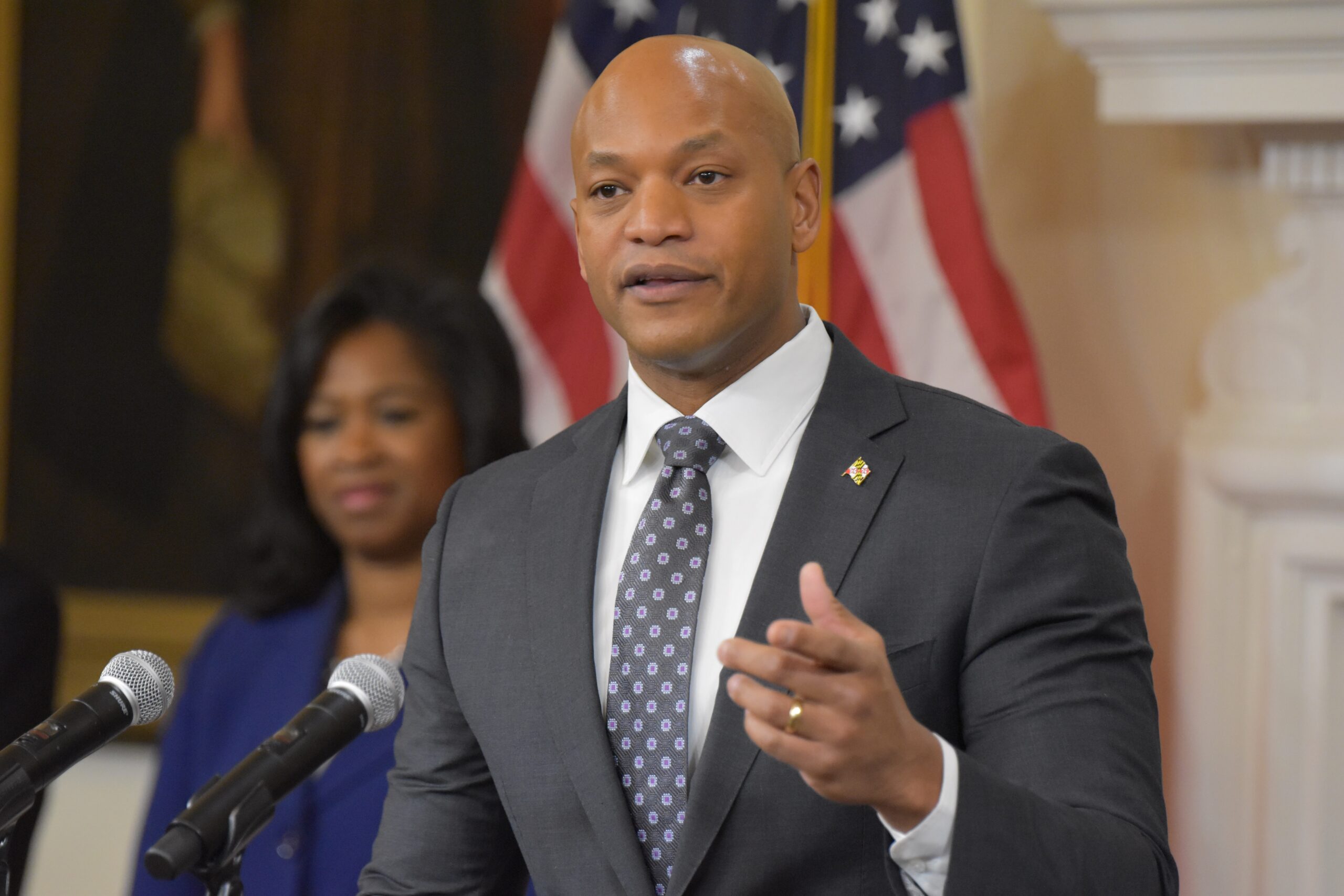Commentary: The General Assembly divide on taxes and fees continues, and a way forward

By David Reel
The writer is a public affairs and public relations consultant who lives in Easton.
Since the Republicans reclaimed a majority of seats in the U.S. House of Representatives in the last election cycle, a recurring issue has been the impact of conservative Republican members (notably the Freedom Caucus) on efforts by the House Republican leadership to reach consensus on such issues as government spending, debt limits, aid to Ukraine, and southern border security.
As that division continues some observers of the Maryland General Assembly like to say, “With a Democratic supermajority in both houses of our General Assembly here, we don’t have all the division and disruption that they have in Congress.”
Recent events in Annapolis cast serious doubt on that observation.
In the current General Assembly session, there has been and is a deep divide over the state budget and tax increases to fund it between the leadership of the Democratic supermajorities in the House of Delegates and in the state Senate.
Last week, the state Senate approved its version of the state budget with relatively little debate and rancor. It ultimately passed unanimously with yes votes from every Democratic senator and all but one Republican senator (who was not present that day due to a death in his family).
The day after the Senate version of the state budget was adopted, the Democratic leadership in the Maryland House announced a $1.2 billion revenue plan to be paid for with expanded corporate taxes, legalized internet gaming and new fees on ridesharing, tolls, and electric vehicles. They did so, maintaining now is the time to adopt tax and fee increases to help insure there will be full funding in the future for three high priority initiatives for House of Delegate progressives: Funding public education as called for in the Blueprint for Maryland’s Future (the Kirwan Plan), addressing chronic deficits in the state Transportation Trust Fund, and addressing climate change.
The response to that announcement from the Democratic president of the Maryland Senate was immediate and blunt. He said: “I don’t think there’s much room for compromise. We [the Senate] will not be considering wholesale or significant increases to Maryland taxes.”
Extending an olive branch to the Democratic House leadership, the Senate president did say that Democratic Senate and House leaders share the same priorities. He also did not rule out the possibility of the Senate considering a revenue package “next year.”
At this point, no one knows for sure what will happen on a final state budget that must be approved before the General Assembly adjourns early next month.
The wild card in all the discussions on current as well as future state budgets, tax increases and fee increases is Gov. Wes Moore.
So far in this budget debate he has embraced the position of the Democratic Senate leadership. Asked if that position would hold beyond the current year, Moore has said, “I just know that the bar for raising taxes not just this year, but for every single year for me, it’s going to be a very high bar.”
Last Friday, the governor focused instead on Maryland’s post pandemic lagging economy and the role of a more robust economy in expanding Maryland’s tax base. Moore said, “For the past five years, Maryland’s economy has grown by .2%. The average state has grown by 7.5. So, we’ve got to get this economy moving. There is a way that we can continue growing, be bold, and also know that any conversations around taxes are going to have a very high bar.”
Now is the time for the governor to say even more.
He can share his definition of what constitutes a “very high bar” for any discussions on evaluating tax increases. He can share his plans to get Maryland’s economy moving. He can use his office as a bully pulpit to spread the message that his overall strategy is taking bold steps to improve Maryland’s economy, create jobs, retain current jobs, bring new businesses and population to Maryland, and keep current businesses and current residents in Maryland. He can share revenue projections from a more robust Maryland economy that could eliminate, minimize, or delay a need for future tax and/or fee increases.
Last, but not least, he can remind the House Democratic leadership that after eight years of progressive Democratic Gov. Martin O’Malley and Democratic supermajorities approving a wide range of tax and fee increases, Republican Larry Hogan was elected twice as governor, and now has an opportunity to be the first Republican to be elected to the U.S. Senate from Maryland since 1980.




 Creative Commons Attribution
Creative Commons Attribution